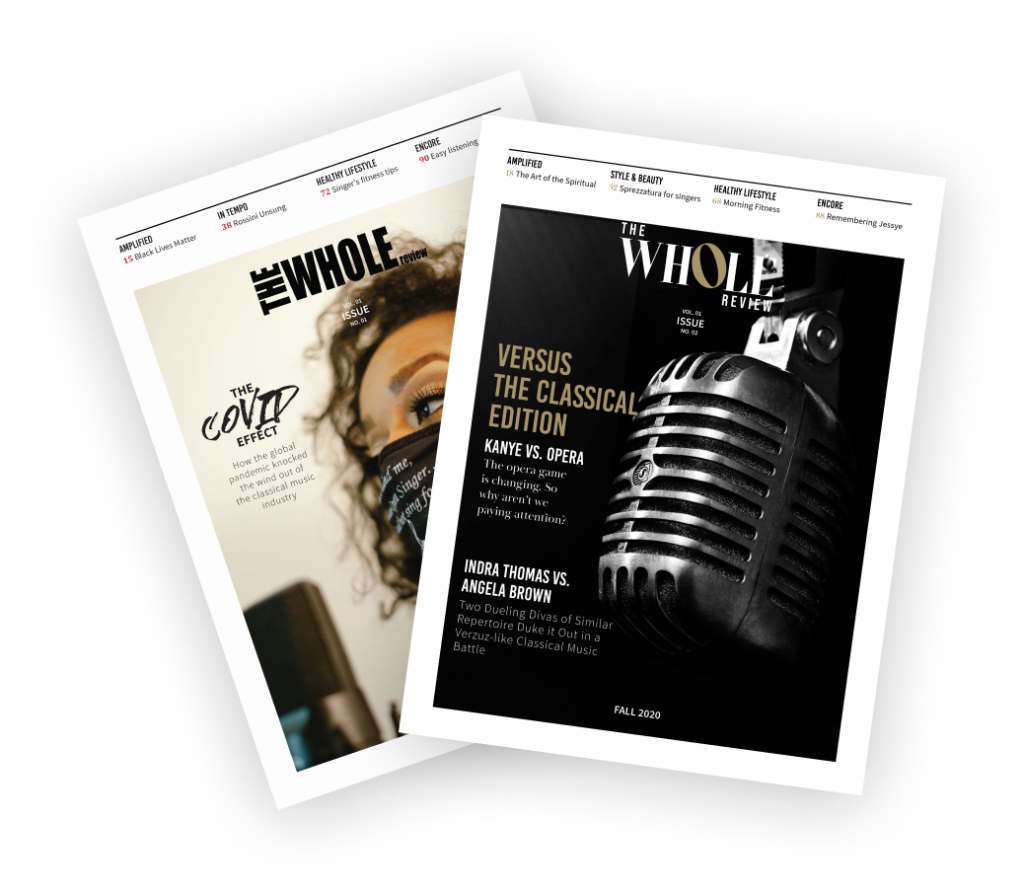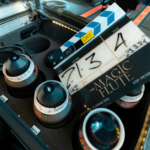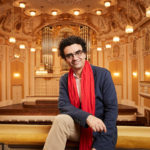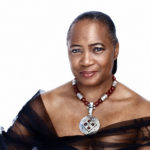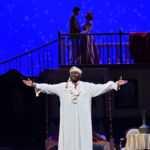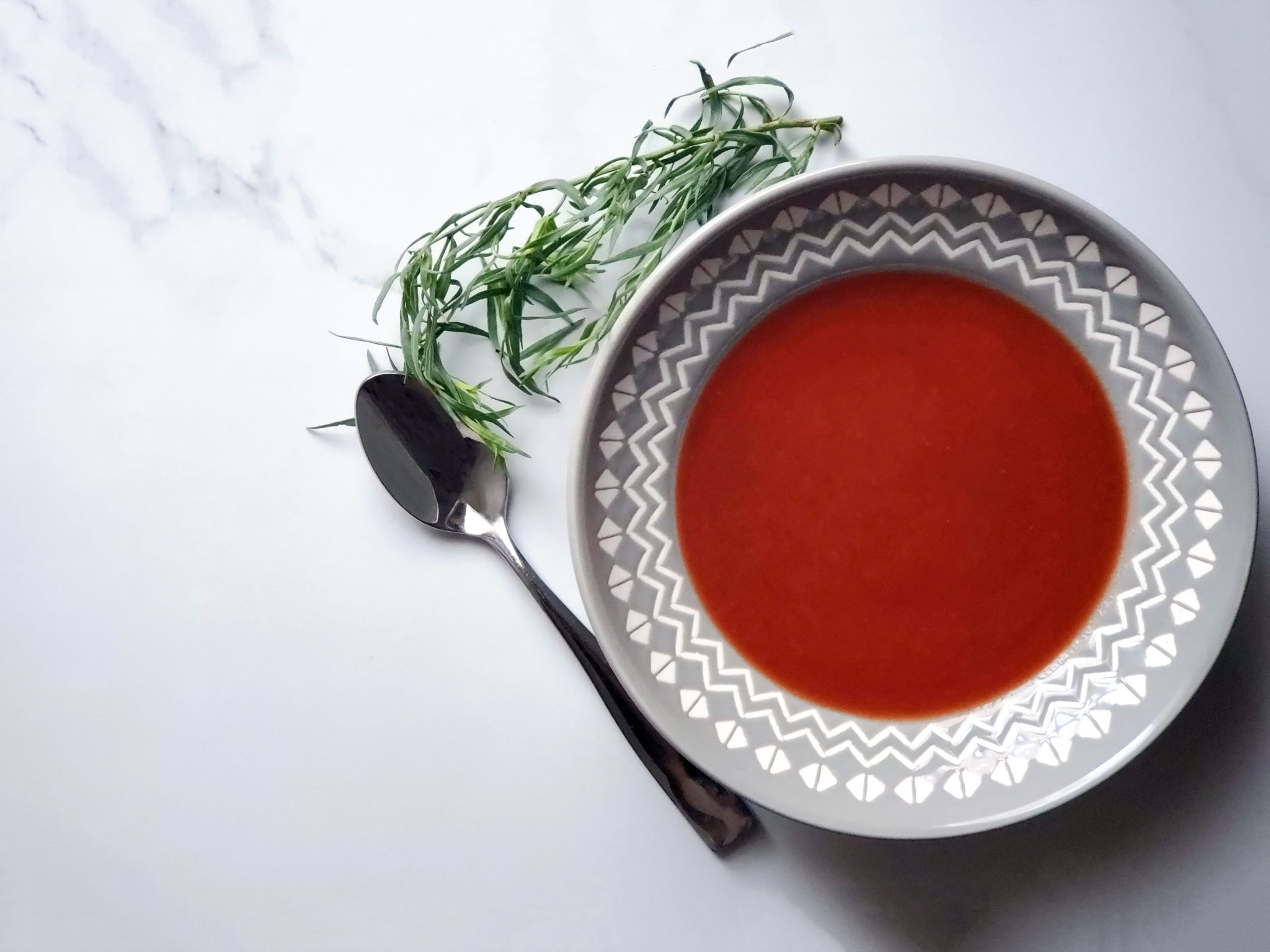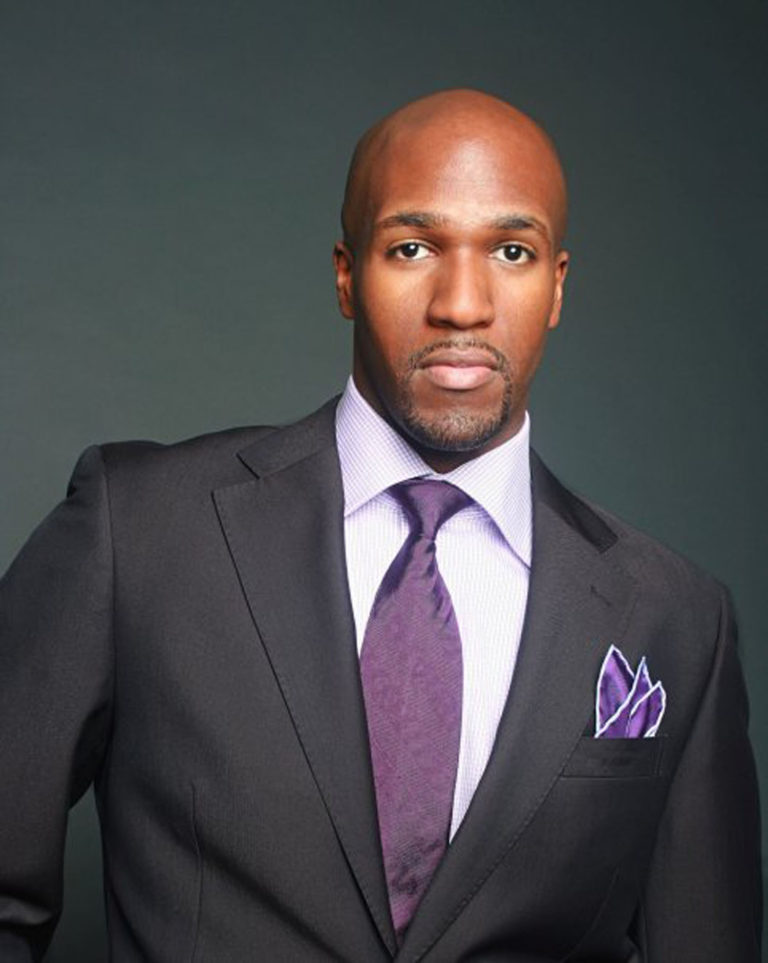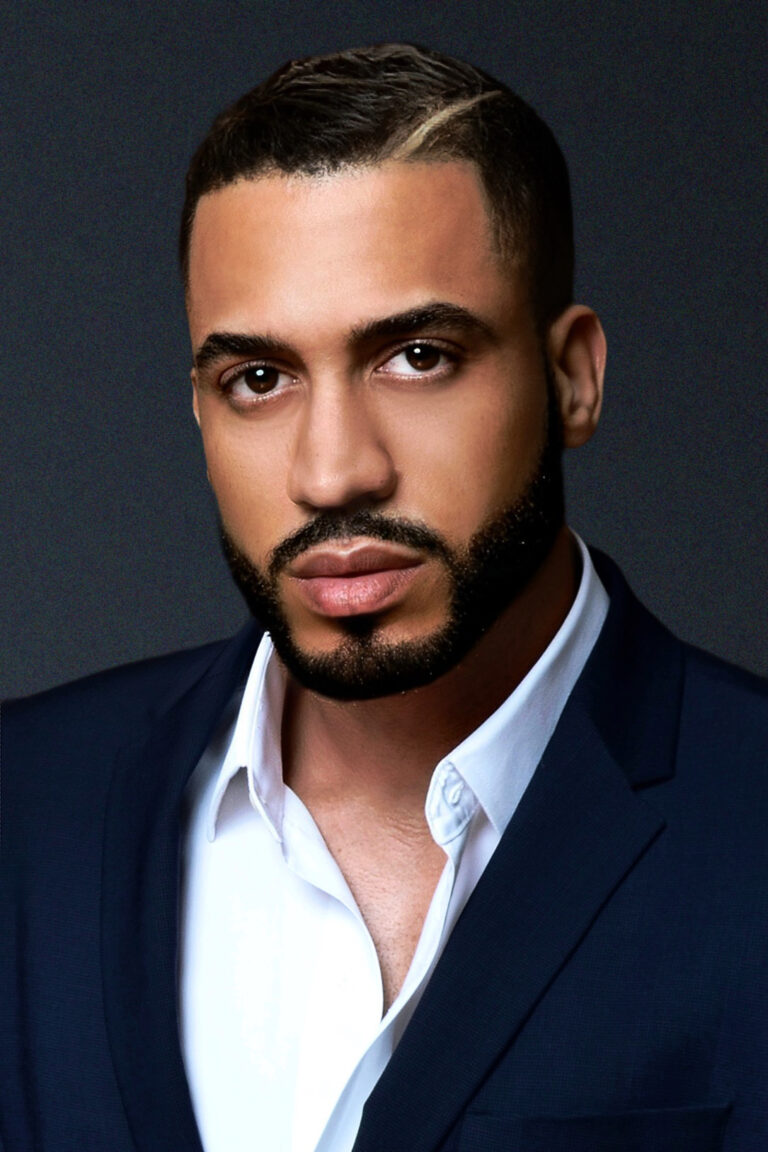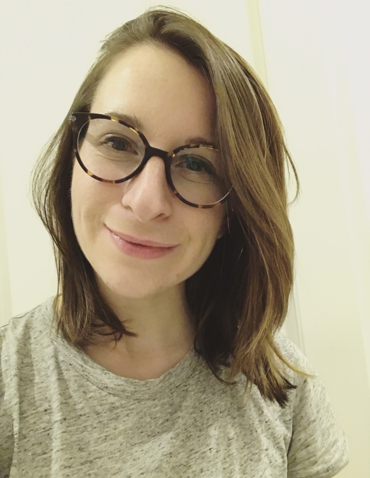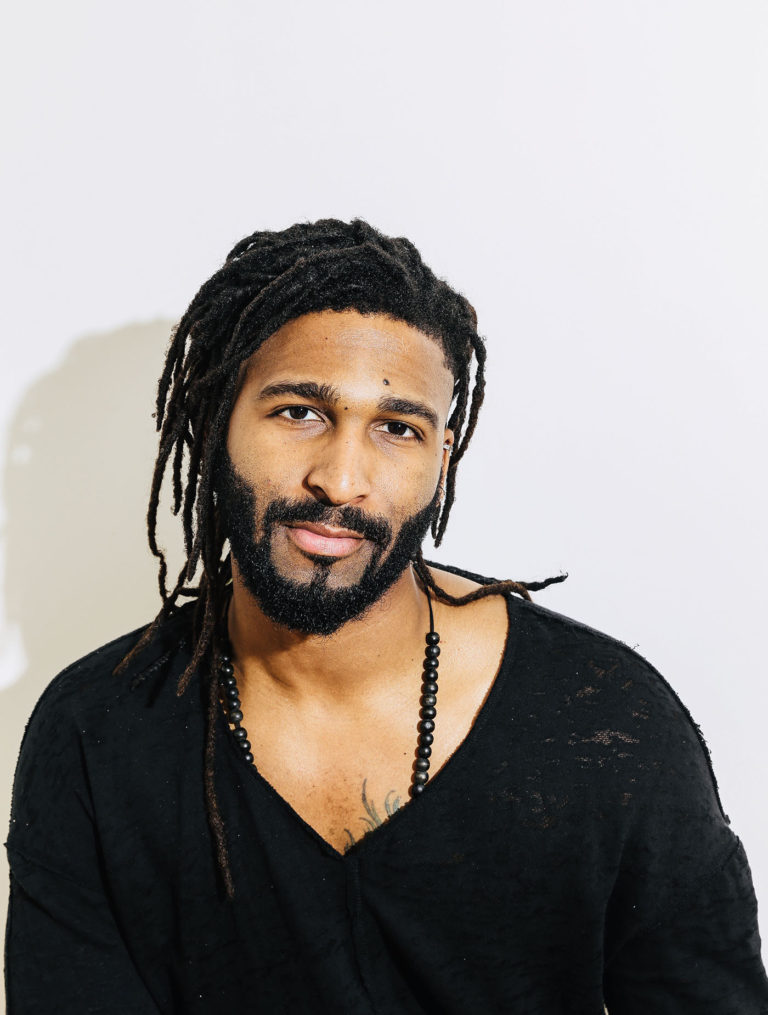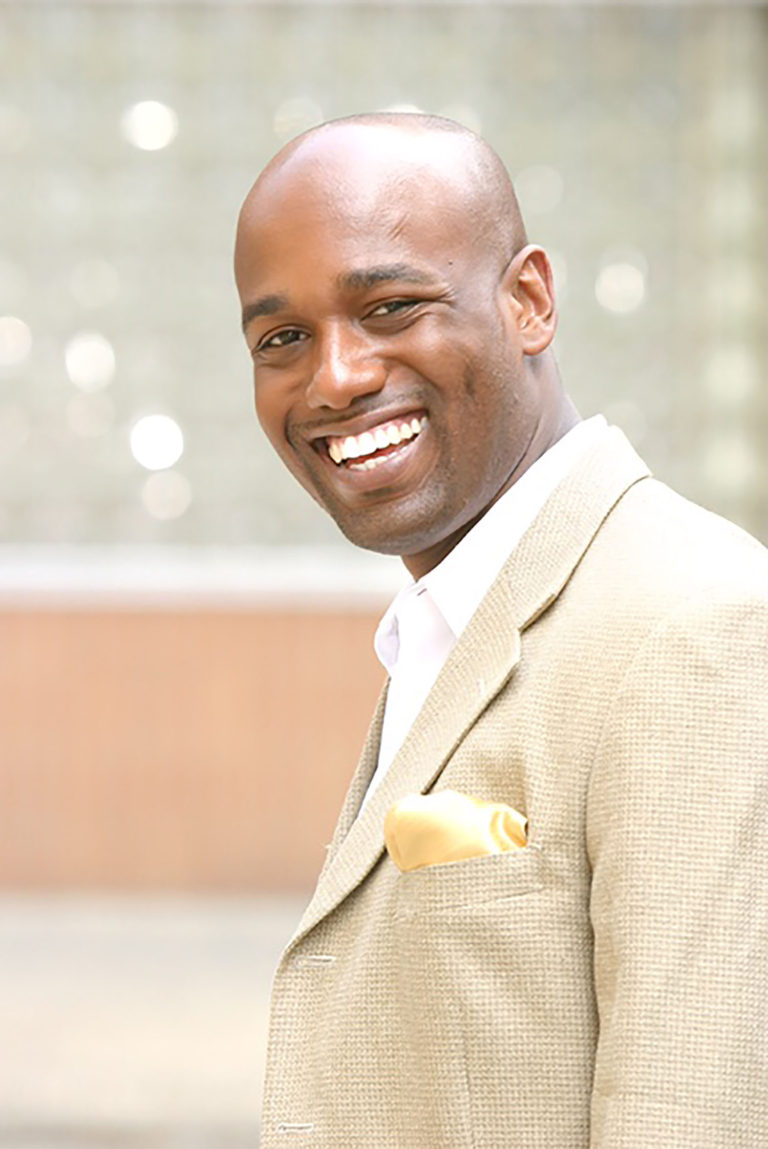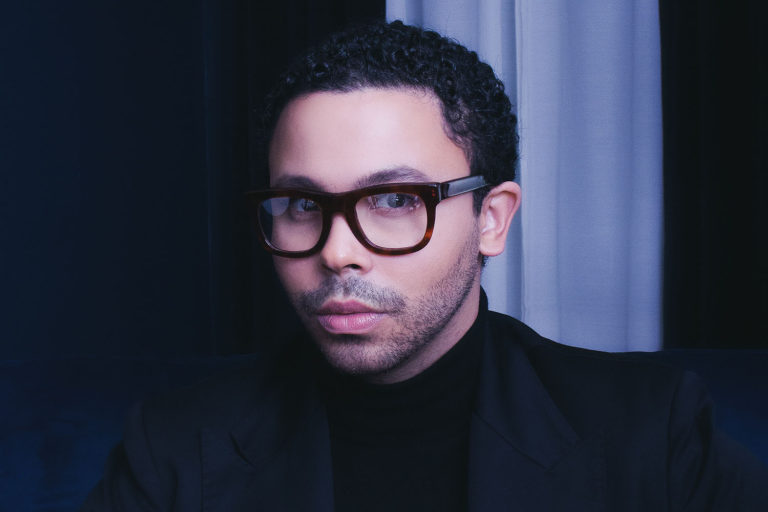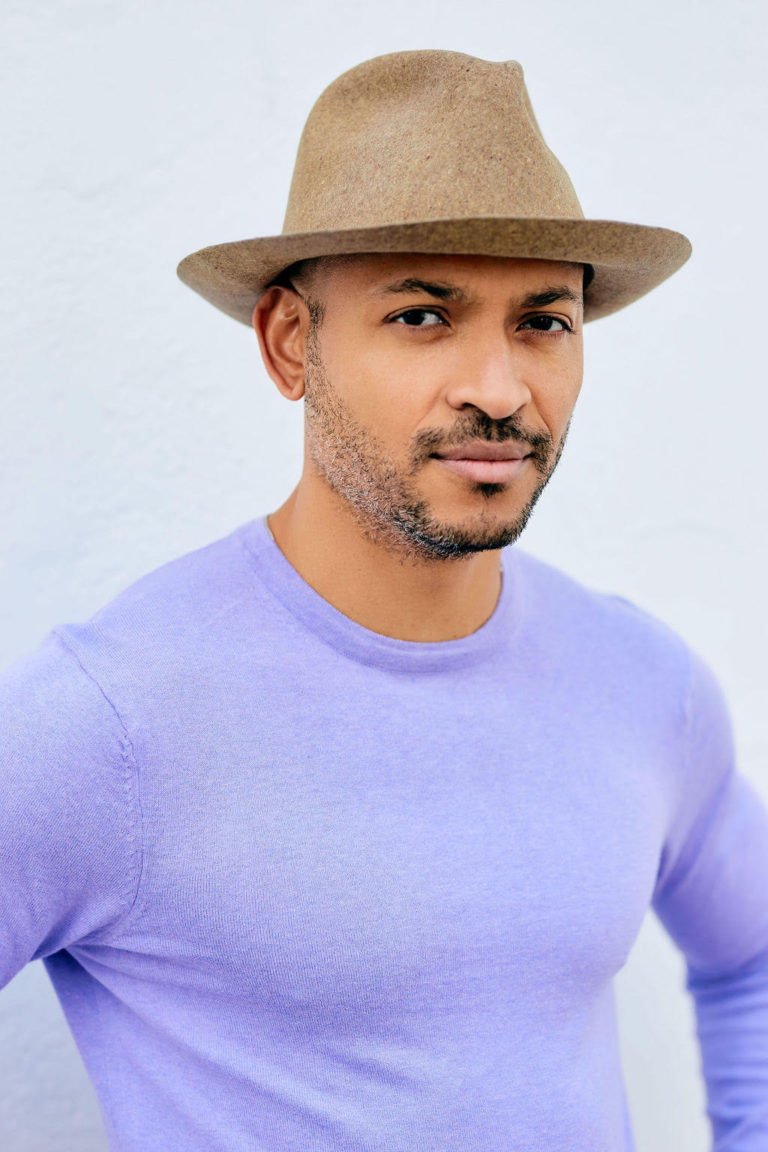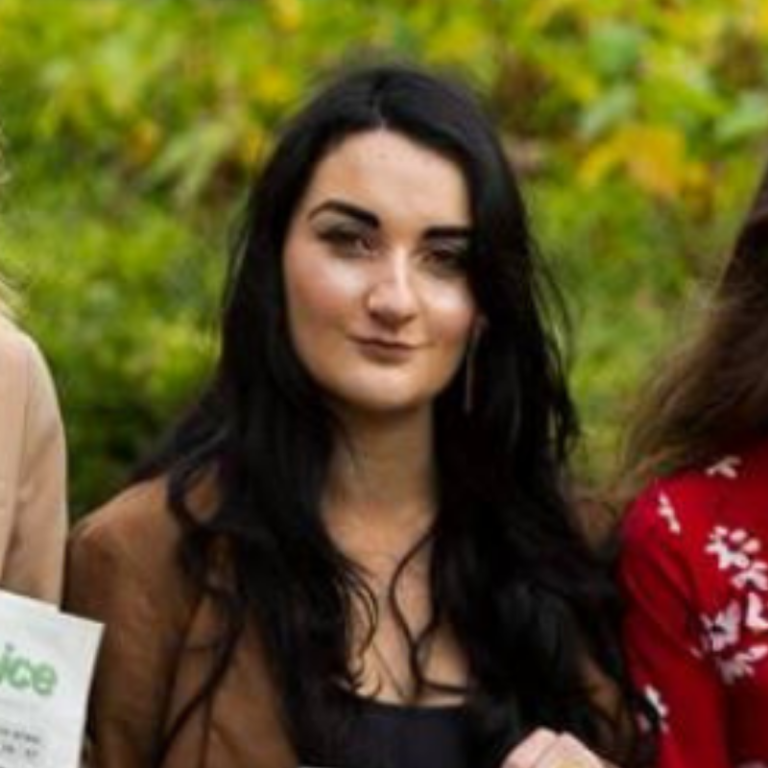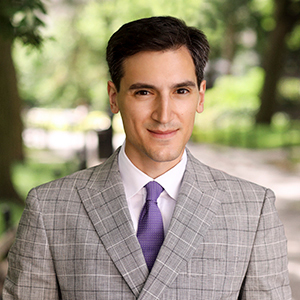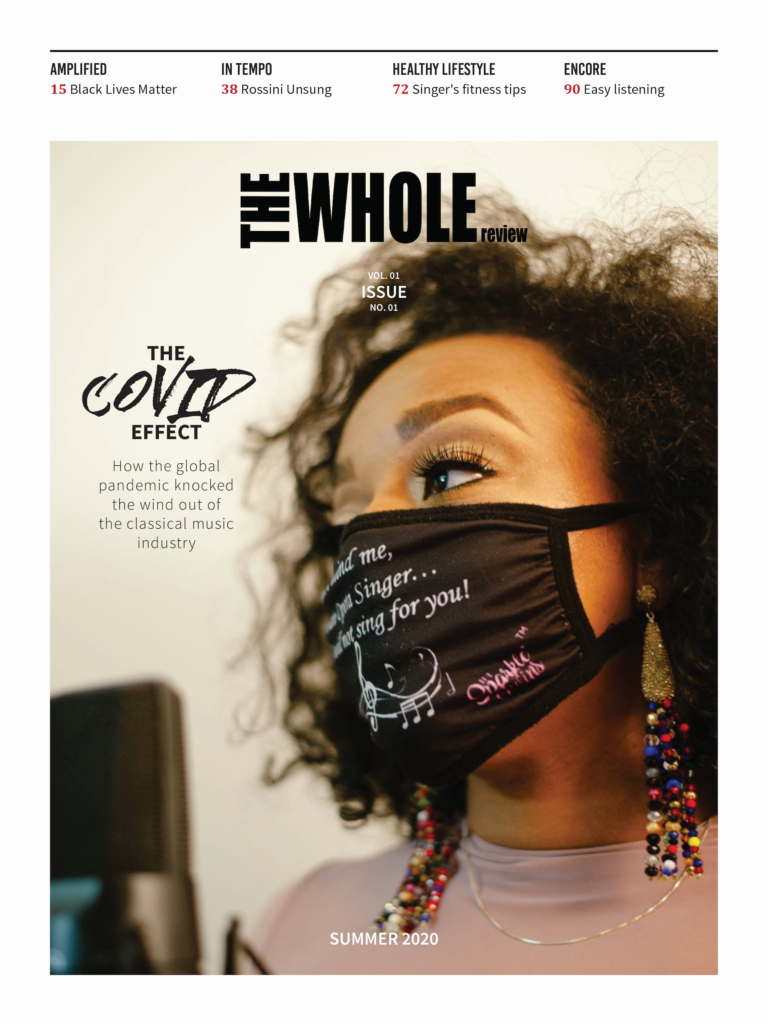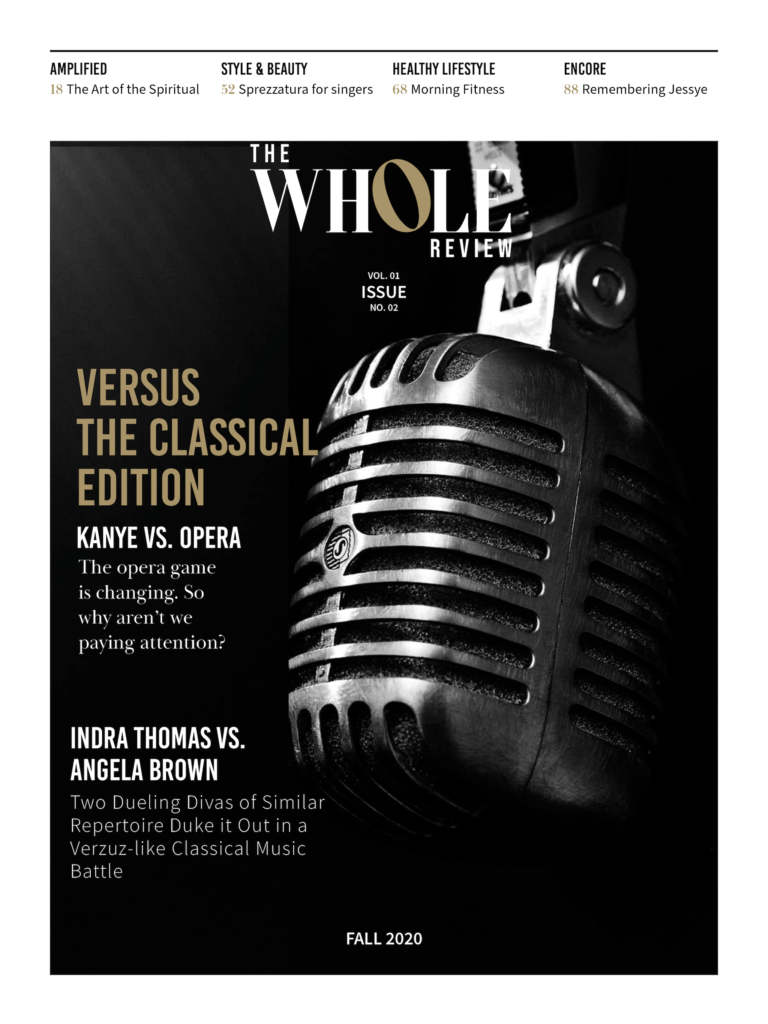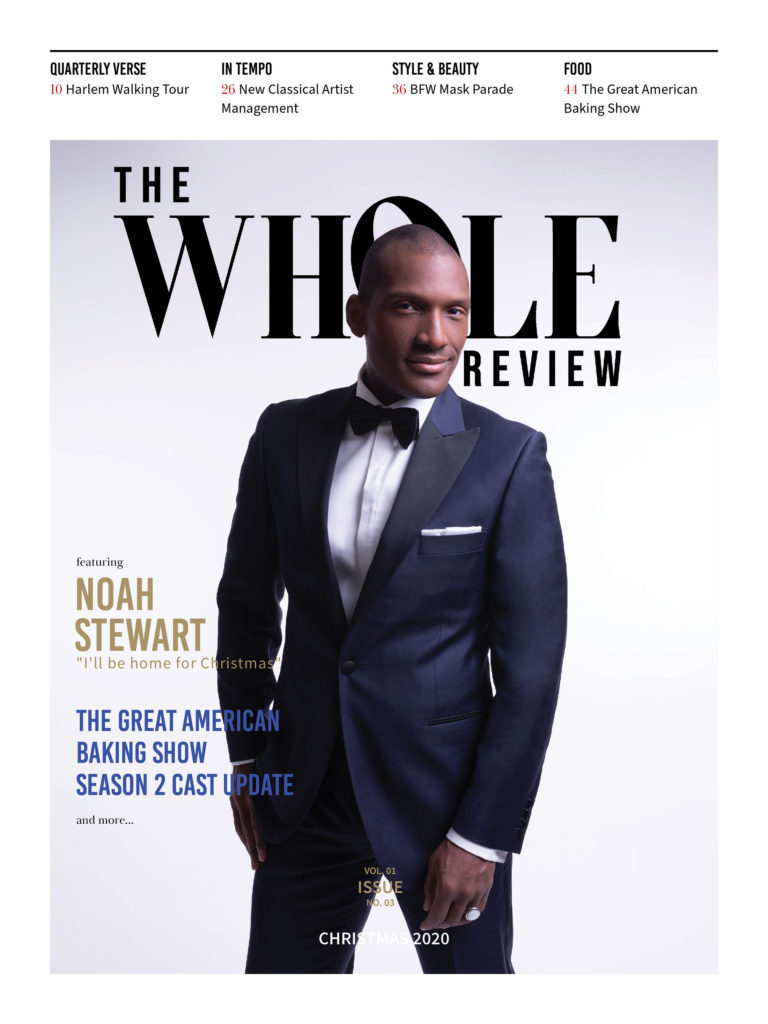You might have blinked—and then blinked again—when reading the title of this article. No, you are not mistaken. This article is about Kanye West and the genre mashup that is quickly becoming the “new opera.” Opera is changing; this is just a statement of fact, something undeniable. Ever since the post-World War II advent of the Regietheater production, the pendulum has been swinging farther away from the traditional “park and bark” opera experience, swinging more frequently toward “statement” productions, packed with antics, gimmicks, shock value, and visual wow factor. In other words, out with the old, in with the new, brace yourselves, and good luck!
Amongst the pantheon of great opera composers like Mozart, Donizetti, Bellini, Verdi, and Puccini, one certainly will not find the name Kanye West. But in the world of hip-hop, Kanye is at the top of the heap. According to Wikipedia, the American rapper and record producer Kanye West has released nine studio albums, two collaborative studio albums, one compilation album, two live albums, one video album, and four mixtapes. West has sold 21 million albums and 100 million digital downloads worldwide.2 So if he is, as they say, “all that”, why did his foray onto operatic terrain go veritably unnoticed and unmentioned in classical music circles? That is not to suggest that there was no coverage. Of course, there was. The classical music editor for The New York Times, Zachary Woolfe, wrote a review entitled “Kanye West is Operatic. His Opera Isn’t.” There were a few more blips on the classical music radar, and then radio silence thereafter. The Whole Review was not around a year ago, or surely this would have been a story at the top of our list for coverage. Why? Because operatic norms are changing, and perhaps there was something in West’s opera to signal where opera is going and what we have to look forward to.
On November 17, 2019, Kanye West announced he was putting on an opera, “A Kanye West Opera—Nebuchadnezzar,” which would receive its premiere in the 17,500-seat Hollywood Bowl. The opera would premiere just seven days after the announcement. For even the most experienced composers, conductors, and stage directors, mounting an opera in seven days’ time is quite nearly an unimaginable undertaking. For his part, West, unphased by the daunting task, was prepared, as he can be quoted saying, to “fly the plane while assembling it in the air.”
It is no mistake that the self-professed “creative genius” chose the story of Nebuchadnezzar II as the subject of his first opera. The Babylonian king Nebuchadnezzar is known as the “Great Conqueror,” the King who conquered both Syria and Palestine, and made Babylon a great and enviable city. With his legendary bravado, and self-assurance aside, the timing of the premiere of this opera and the release of his Jesus is King album are no coincidence, either. West had been experiencing a religious awakening that prompted him to start his own Sunday church services, which have become grand spectacles and fodder for hip-hop fans who are skeptical of his motives and motivation. The highlight of these services is the Sunday Service choir, which serves as the official music ensemble for the Sunday events with Kanye West himself often performing musical numbers with the group. So, why all of this, and now an opera? As the opera’s lead soprano Jasmine Muhammad says, “If Kanye is having an experience, everybody is going to have an experience.”

Creating an opera is quite the chore. From its inception to its premiere could take years, and West set out to do this in seven days? Even the great composer Giuseppe Verdi never performed such a Herculean feat, and he too took an interest in the fabled King Nebuchadnezzar. Verdi’s Nabucco (Nebuchadnezzar in Italian) was written in 1841 and received its premiere at La Scala opera house on March 9, 1842. The opera established Verdi as a composer, and established him as a national hero. The story involves the plight of the Jews as they were assaulted, conquered, and exiled from their homeland by Nabucco. In operatic fashion, the secondary plot involves a heated romance between Nabucco’s daughter, Fenena, and Ismaele, the King of Jerusalem. In the Verdi opera, the most memorable moment comes via the Chorus of Hebrew Slaves, whose doleful “Va, pensiero, sull’ali dorate (“Fly, thought, on golden wings”) highlights the underlying theme of the opera/liberation.

Kanye’s Nebuchadnezzar story, however, is not nearly as clear-cut and easy to describe. The first step is to look at West’s opera and its parallels to traditional operas in form and structure to see how it measures up. What are the key components that make an opera an opera?
Every opera comprises the following elements:
1. Libretto—[Italian word meaning “booklet”] the text used in an opera, oratorio, or other such work.
2. Score—the music for the work (vocal and instrumental music) in notated form.
3. Conductor—the person who leads the musical forces.
4. Stage director—someone who supervises the singers and directs the action in the production.
5. Principal singers—the dramatis personae who sing and act out the opera.
6. Chorus—an organized group of singers who represent citizens, soldiers, priests, peasants, etc.—whatever and whomever are required by the story.
7. Stage manager—the person responsible for the lighting and other technical arrangements.
8. Costume designer—the person responsible for designing all of the costumes, including the chorus.
9. Makeup and hair department—this department is responsible for the hairstyles, wigs, and makeup worn by the singers in the opera. The makeup designer works closely with the costume designer to create a look for each singer that will visually support the character.
10. Technical crew (lighting, audio/visual)—the behind-the-scenes people who control all of the technical aspects of creating an opera.

When asked about the West opera, soprano Jasmine Muhammad, whose voice can be heard almost as a celestial bearing, says “all of the baseline requirements to call it an opera were met.” For a man with Kanye’s resources, one would expect he would have the best and brightest in the field working with him. It may seem silly, perhaps downright insulting, to lay all of these terms out in a publication primarily designed for those who are conversant in musical terminology. But it bears laying this out, given the back-and-forth debate about what West’s piece was or wasn’t. On paper, West’s opera had all of these elements and then some. He hired the Italian performance artist, Vanessa Beecroft to stage the work. [After promising initial dialogue, Ms. Beecroft declined our request for an interview.] He also hired a bevy of composers to write the “operatic” elements of the music, including New York-based composer Willie Alexander, whose music would be integrated into the opera along with preexisting West raps, and choruses by the Sunday Service Choir. Of course, there was the Sunday Service Choir, whose wall of sound was both impressive and stirring. To give the work its proper gravitas and legitimacy as an opera, he brought on board John Burton, who runs an organization called Access Opera, to hire the opera singers who would support the Sunday Service Choir, and would be cast for the more critical roles, including Nebuchadnezzar. It was these singers, including Antonio Watts, Charles Carter, Jasmine Muhammad, and several others, who were the nuts, bolts, hammers, nails, and person-power who assembled that plane in midair. As Muhammad recalls, they received word that Kanye was putting on an opera, hopped on a plane, got to the rehearsal space, and “were put in a room and told to create. There were no parameters or guidelines.” Imagine it, arriving to put on an opera, and being told that you have to set to work creating it! But, as Muhammad also says, “It’s liberating to sit down and have someone say, ‘Okay, show me what you got.’ But it’s also daunting.” So, between the lot of them, they sourced lyrics, engineered beats, arranged vocals, played instruments, tossed in some Latin here and there at the rapper’s request, and like magic, the seven-day opera was complete. If it all seems strange to encapsulate the sum total of the brilliant artists’ work into one fragmented sentence, it is because fragments are what make up their recollections about how it all went down.

One person remembers this thing, another person remembers being hired to sing that part—but ended up in a room playing on instruments—and on it went, for each interview. Here’s the thing that’s worth noting: what may seem weird to those of us who study classical music is par for the course in hip-hop. The freestyle nature of the collaborative effort in hip-hop is what makes the magic happen and the music come alive. So, it is no surprise that they all put their personal feelings aside, rolled up their sleeves, and did their best to make West’s vision a reality.
For as juicy and interesting as the inside details would be to read, unfortunately, there are not many to share. Besides, that’s not really the point, is it? West had a job to do: sell us on his opera. After all, his reputation as a creative genius was on the line. Some have denied his work true opera status, coining it an oratorio instead, due to its biblical storyline. That argument is problematic on its surface because, of course, there is Verdi’s Nabucco and Saint-Saëns’ Samson et Dalila, which are both biblical stories—and they are recognized as operas. Willie Alexander suggests, “It could be anything. It could be a passion, or even opera in the literal sense of the word ‘opera’—a work.” Whatever it was, it was. It happened and the reaction was mixed. Why? Essentially because Kanye pit himself against an art form seemingly without taking the time and care needed to put it all together. West had an opportunity—a unique one, as a matter of fact. Create an innovative, cutting-edge, avant-garde, musically sound, dramatically enticing, and visually compelling opera. He had a great model: his own previous work. Rather, it appears the whole project was marred by haste. What he gets right though, he really gets right. He isn’t a composer, and certainly not of Verdi’s ilk. So he wisely surrounded himself with people versed in the art form. But that move only brought him modest results.
If you’re lucky enough to score a clear, audible copy of the performance—not an iPhone video captured by shaky hands—it’s clear that the piece had legs. There are, obviously, some “cheeky” moments when the soprano sings oohs and ahs at the top of her range for three minutes straight. The stage direction, too, was a little unfocused. But the integration of West’s music, along with the Sunday Service Choir and Alexander’s orchestrations, were, at times, inspired! Sometimes it felt like one was watching a performance of Freddy Mercury and Montserrat Caballé, and then five seconds later the music vaunted into the 21st century. It was a bit jarring at times, for sure. And notwithstanding everything written up to this point, there still remains a pressing question: “What does this mean for opera?” Some deniers would say that Kanye’s opera didn’t move the needle, and therefore means nothing at all for the opera world at large. But evidence suggests differently. Hip-hop is finding its way in, and so too are many other genres. Adrian Dunn made waves with his 2008 Hip-Hop opera called HOPERA and so did Victor Simonson with his version of HipHopera, Stomping Grounds, which he wrote for the Glimmerglass Festival. The African baritone Babatunde Akinboboye made a splash with his “trap” rendition of Rossini’s famous aria Largo al factotum, and Lyric Opera of Chicago just announced it will present a “reimagined version” of Rossini’s Barber of Seville by Will Liverman and DJ/recording artist K. Rico. So, it’s clear that some shift is happening. Can we give Kanye West credit for that shift? Probably not. But he definitely is part of a movement. There’s something about opera that people love, and want access to. Verdi, Mozart, and Puccini aren’t going anywhere. But we had all best prepare for the new wave that’s coming ashore. Love it or hate it, or anything in between. It’s coming!



